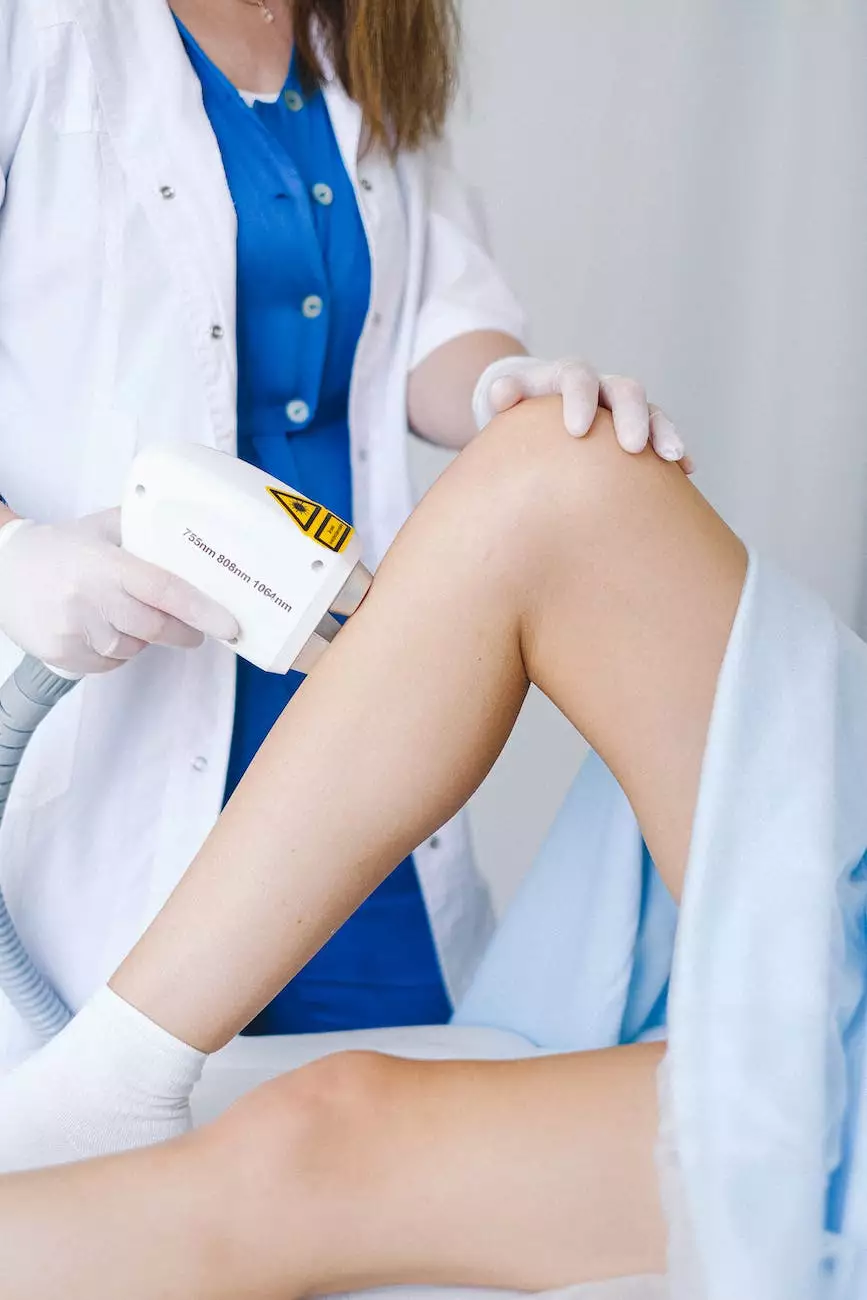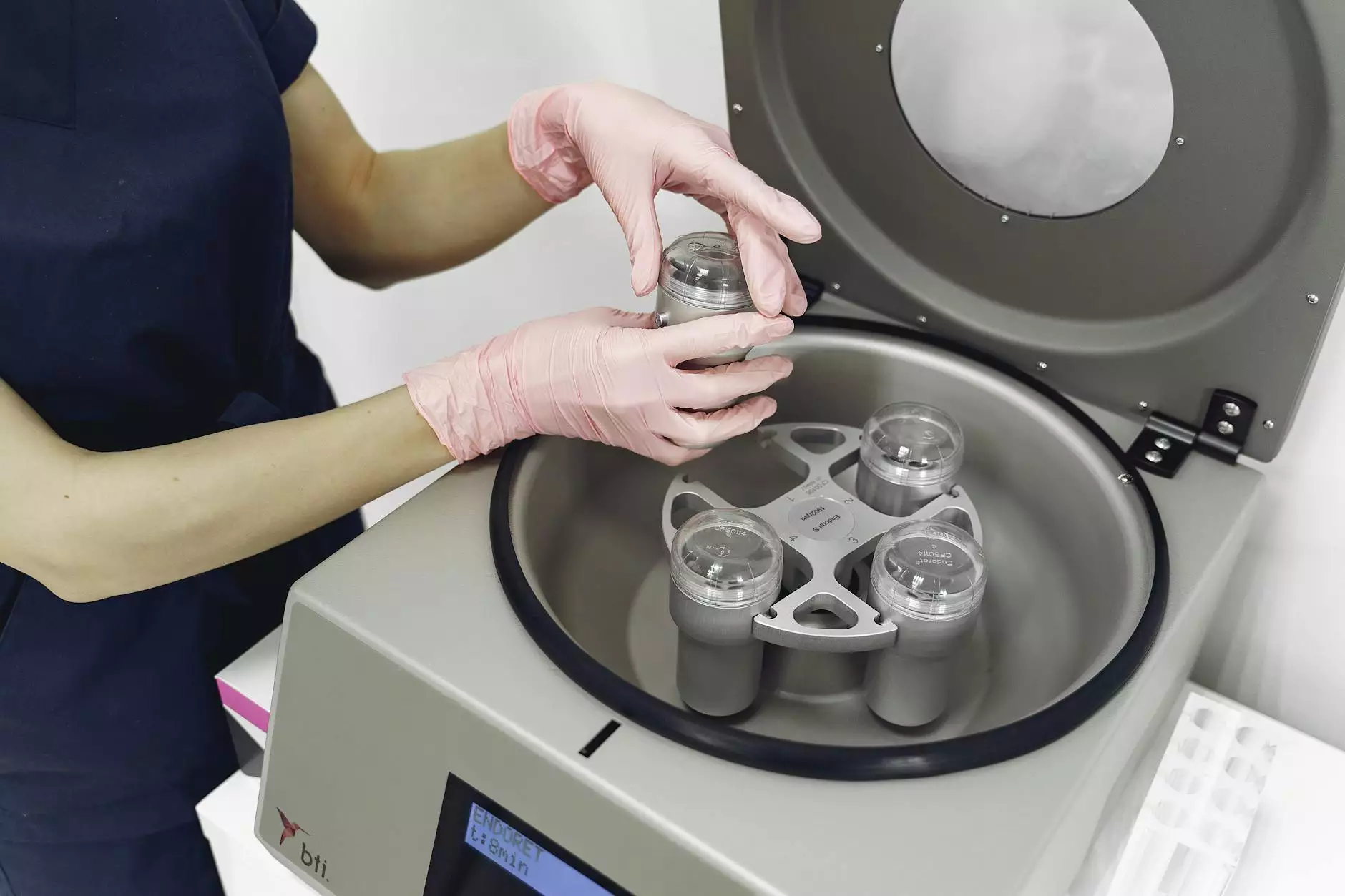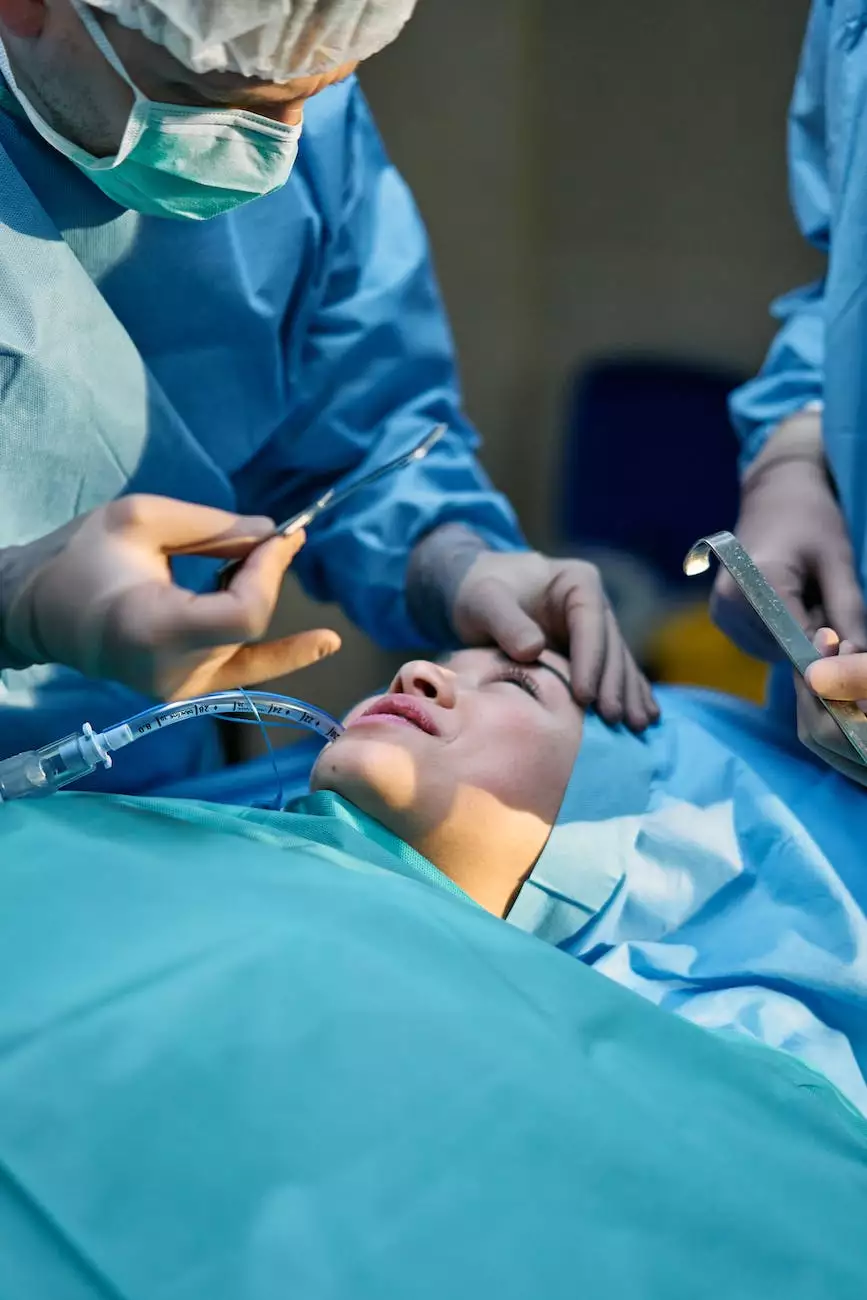How To Prevent A Hernia From Returning

Minneapolis Weight Loss Doc - Your Guide to Hernia Prevention
Welcome to Minneapolis Weight Loss Doc, your go-to resource for comprehensive information on hernia prevention. We understand the challenges and concerns individuals face after undergoing hernia surgery. Our team of experts is dedicated to providing valuable insights and effective strategies to help you prevent the recurrence of a hernia.
Understanding Hernia Recurrence
A hernia occurs when an organ pushes through weakened or damaged tissue in the abdominal wall. While surgery is the most common treatment for hernias, it is crucial to take preventive measures to reduce the risk of recurrence. Hernia recurrence can happen if proper care is not taken post-surgery or if certain risk factors persist.
Healthy Lifestyle Practices for Hernia Prevention
Leading a healthy lifestyle plays a significant role in preventing the recurrence of a hernia. Incorporating the following practices into your daily routine can greatly minimize the chances of a hernia returning:
- Maintain a Healthy Weight: Excess weight puts additional pressure on the abdominal wall, increasing the risk of a hernia. Following a well-balanced diet and engaging in regular physical activity can help you achieve and maintain a healthy weight.
- Exercise Regularly: Engaging in exercises that strengthen the core muscles and promote overall body strength can provide excellent support to the abdominal wall, reducing the risk of hernia recurrence. Consult with a qualified fitness professional to develop a safe and effective exercise routine.
- Practice Proper Lifting Techniques: Avoid lifting heavy objects without assistance or using improper lifting techniques. Always bend at the knees, keep your back straight, and utilize the strength of your legs to lift objects. This minimizes strain on the abdominal muscles and lowers the risk of a hernia.
- Avoid Straining: Activities that involve excessive straining, such as heavy weightlifting or activities that cause increased intra-abdominal pressure, should be approached with caution or avoided altogether. Straining places stress on the weakened abdominal wall and can contribute to hernia recurrence.
- Quit Smoking: Smoking impairs the healing process and weakens tissues, making hernia recurrence more likely. If you are a smoker, it's important to quit smoking before and after hernia surgery to promote better healing and reduce the risk of a hernia returning.
- Manage Chronic Conditions: Chronic coughing, constipation, and other conditions that strain the abdominal muscles should be managed effectively to minimize the risk of hernia recurrence. Consult with your healthcare provider to develop a personalized management plan.
Post-Surgery Care Tips
Proper care after hernia surgery is essential to prevent complications and reduce the chance of a hernia returning. Here are some helpful tips to aid in your recovery:
- Follow Your Surgeon's Instructions: Your surgeon will provide specific guidelines tailored to your condition. It is crucial to follow these instructions diligently, including engaging in recommended activities, avoiding strenuous exercises, and taking prescribed medications as directed.
- Take Adequate Rest: Allowing your body to rest and recover post-surgery is vital. Avoid engaging in activities that strain the surgical area and ensure you get enough sleep each night to promote healing.
- Eat Nutritious Meals: Consuming a balanced diet rich in fruits, vegetables, lean proteins, and whole grains supports the healing process. These foods provide essential nutrients that aid in tissue repair and strengthen the body's immune system.
- Stay Hydrated: Drinking an ample amount of water each day promotes optimal healing and prevents constipation, which can strain the abdominal muscles. Aim to drink at least 8 glasses of water daily.
- Avoid Heavy Lifting: During the recovery period, it is crucial to avoid lifting heavy objects or engaging in activities that place strain on the surgical area. Follow your surgeon's advice on when it is safe to resume such activities.
- Attend Follow-up Appointments: Regularly scheduled follow-up appointments allow your surgeon to monitor your progress and address any concerns. Attend these appointments as advised to ensure a smooth recovery process.
Preventive Measures for Specific Types of Hernias
Various types of hernias require specific preventive measures in addition to the general practices mentioned previously. Some examples include:
Inguinal Hernia Prevention:
- Avoid activities that involve excessive straining, such as heavy weightlifting
- Wear supportive undergarments or hernia belts as recommended
- Maintain a healthy weight and exercise regularly
Hiatal Hernia Prevention:
- Eat smaller, more frequent meals
- Avoid lying down or going to bed immediately after meals
- Avoid foods and beverages that trigger acid reflux
Incisional Hernia Prevention:
- Follow your surgeon's instructions on wound care and activity restrictions
- Maintain a healthy weight and exercise under guidance
- Avoid placing excessive strain on the abdominal area
Umbilical Hernia Prevention:
- Maintain a healthy weight
- Avoid excessive strain on the abdominal area, particularly around the navel
- Follow your surgeon's advice on umbilical hernia exercises
Conclusion
Preventing the recurrence of a hernia is crucial for maintaining a healthy and active lifestyle. By incorporating healthy lifestyle practices, following post-surgery care tips, and understanding specific preventive measures for different types of hernias, you can significantly reduce the risk of hernia recurrence. At Minneapolis Weight Loss Doc, we are committed to providing you with the knowledge and support you need to prevent a hernia from returning. Remember, taking proactive measures is key to a successful recovery!










